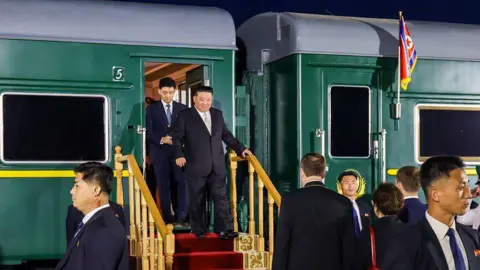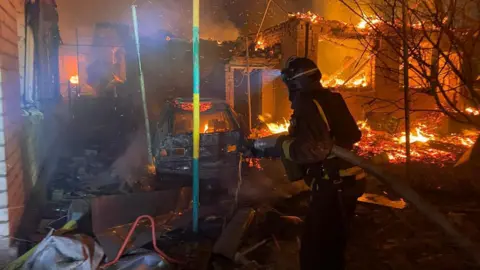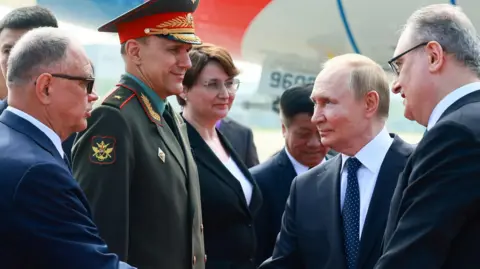VIENNA (AP) — Iran and the United Nations’ atomic watchdog agency have reached a significant agreement, providing the international body access to all of Iran’s nuclear facilities. This follows a complex geopolitical backdrop, particularly heightened after recent military actions undertaken by Israel against Iranian nuclear sites.
The accord, announced in a meeting involving the Director General of the International Atomic Energy Agency (IAEA), Rafael Grossi, Iranian Foreign Minister Abbas Araghchi, and Egyptian Foreign Minister Badr Abdelatty, aims to reestablish critical cooperation between Iran and the IAEA.
While specifics of the agreement remain undisclosed, Grossi emphasized that the document ensures clarity in inspection procedures. He stated that the agreement encompasses all facilities and mandates the reporting on nuclear material present at sites previously attacked, paving the way for respective inspections.
Grossi noted, The technical nature of this document does not diminish its profound significance. Iran and the agency will now resume cooperation in a respective and comprehensive way. He urged immediate implementation of practical steps outlined in the agreement.
This agreement follows a previous law signed by Iranian President Masoud Pezeshkian that halted cooperation with the IAEA in response to a recent military conflict involving Israel, causing concerns regarding Iran’s nuclear capabilities. The IAEA warned that it had been unable to verify Iran's near bomb-grade stockpile since the onset of this conflict, which had raised alarms in international circles.
The IAEA previously indicated that Iran possessed 440.9 kilograms of uranium enriched to 60%, a quantity which, if further enriched to 90%, could potentially yield ten nuclear weapons. These developments pose substantial implications for global nuclear security and diplomatic relations surrounding Iran's nuclear program.
Despite the hopeful context of this agreement, Araghchi cautioned that any perceived hostility or reimplementation of U.N. sanctions would terminate the cooperation outlined in the agreement. The Iranian Foreign Minister stated that addressing his country’s security challenges and concerns was critical in the agreement with the IAEA.
The international community now watches closely as the agreement’s implementation could lead to a reduction in tensions and a better path towards compliance with nuclear sanctions while also posing challenges related to Iran's compliance history.




















